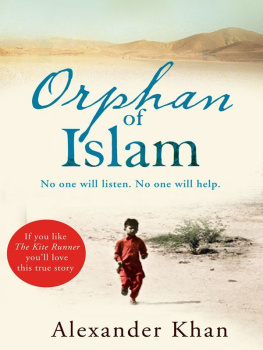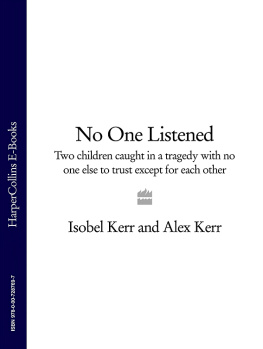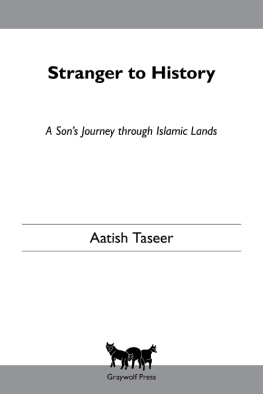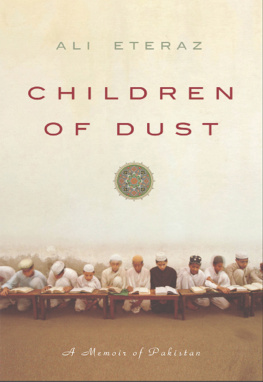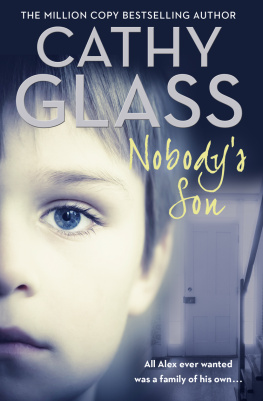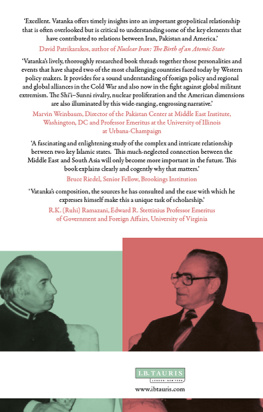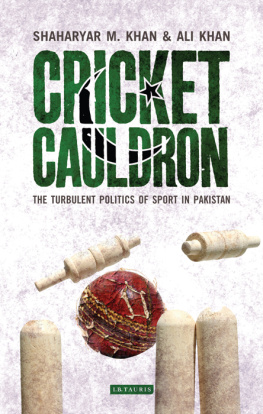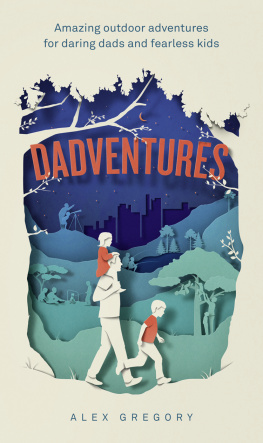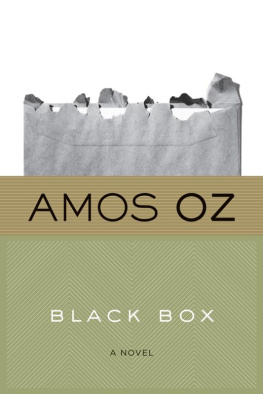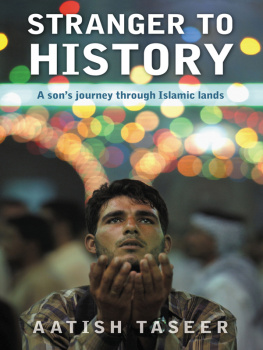I dedicate this book to Abad.
Without his help I would not be here.
And to my wife Jessica
I love you very much.
I hope my story is inspirational for those who might find themselves in similar situations and think there is no hope and no way out. There is always a way out, even when the odds are stacked against you and the wall seems very high.
Ive been there, scared, not knowing who to ask for help. Its not a nice feeling.
www.alexander-khan.co.uk is a website that offers confidential help and advice to people in similar situations to those described in this book.
1988. H AQQANIA MADRASSA, NORTH-WEST P AKISTAN
T he mullah bends down, his long grey-black beard brushing against my feet as he unlocks the leg brace. Ive been standing rigid in it for at least three hours, unable to sit, kneel or even squat for fear of snapping my ankles. I could cry with relief, but Im too frightened to cry. At least not yet.
He points to the blackboard in front of me with his bamboo stick, the one he uses to whack us all with when we cant pronounce something from the Holy Book. My Arabic is rubbish; Im very used to that stick.
Read it, he commands, glaring at me with dark eyes.
All the lights have gone out across the madrassa and the only illumination in the room is a lantern with a tiny wick. I read the chalked scripture slowly, trying to pronounce all the words right:
La ilaha illallah Muhammad rasul Allah (There is no God but Allah, and Muhammad is His Messenger.)
Whack! The stick comes across my shoulders. Wrong again. Hearing Arabic spoken is one thing, trying to read it quite another, and my northern English accent easily wins out. The mullah glares at me with undisguised contempt.
Go back to your room, he says. Well see each other in here again tomorrow. Youre a disgrace to Islam.
I stumble through the darkness to the dormitory and feel my way across the room to my blanket. Most of the boys are sleeping. I lie down and start to cry, as quietly as I can. The question goes through my mind, the same question that nags me night and day: how the hell have I ended up here? An ordinary lad from Lancashire stuck in some kind of weird medieval fairy story, but with no sign of a happy ending
Back home, my mates are secretly listening to Bros or Guns n Roses in their bedrooms, hoping their dads wont catch them and send them for an extra session of prayer at the mosque. That is as bad as life gets for them; why have I been singled out for such harsh punishment so far from home? What have I done to deserve this?
I see a face, a white face, but I dont recall any features other than dark eyes and a smile. What I remember most is her long dark hair. As she bends down, it tickles the sides of my cheeks and I laugh. She laughs too, then the sun comes out and streams through the thin curtains of the living room. She turns away and is gone. This is the only memory of my mum I have from childhood.
Ive no idea what she was like as a mother during those brief first few years. I cant recall the stories she told, the food she cooked, the games she played or even the sound of her voice. There is no scent in this world that evokes her smell, no object or place that brings back those precious moments in time. Dark hair and a white face are all I have, and while that hasnt been much, it has been enough to hang on to in my worst moments. I always knew she was out there somewhere, even when shed apparently vanished from the face of the Earth. All I wanted was her to come back and take us home.
What I know about Margaret Firth is what Ive pieced together over the years and what Ive learned more recently. She was born near Manchester, the youngest of three sisters living in a house of poverty and pain. Her parents had little time or regard for her. Although she looked up to her sisters, it wasnt the easiest of relationships. When her elder siblings moved out and made lives for themselves she would go to live with them from time to time, returning to her parents home when theyd had enough of her. It was a lonely life, back and forth between people who didnt really want her. Her parents worked in the textile industry. Margaret would eventually do the same, getting a job in a local mill as soon as she left school.
My father, Ahmed Khan, was born in the village of Tajak, in the Attock district of north-west Pakistan. It is a rural and deeply religious area not far from the North-West Frontier and the border with Afghanistan. Ahmed was the eldest of five siblings: three brothers and two sisters. For the first 30 or so years of his life he lived pretty much how people have lived in this area, close to the Indus river, for many years. The men rise before dawn and go to the mosque for prayers. They return home to walled compounds containing several houses occupied by members of the extended family. Their wives are already up and have prayed in their living rooms on a mat facing Mecca. Then it is into the kitchen to cook curry and chapatis. The food is placed in a small clay pot with a lid on and given to the men as they head out for a day working in the harat , or field. Each family has its own plot of land, irrigated by a large well and including a small brick hut containing tools. Many men spend their entire lives in this routine, their faces etched with deep lines by the sun. Others become drivers or co-drivers of the trucks and buses that travel ceaselessly across Pakistan and beyond. Some turn into mechanics and set up their own garages; others open grocers shops. In these rural villages the women just stay at home, raise children and keep house. They are not allowed to do much else.
But even in these insular communities there are men who seek something else. My father was one of them. His eldest sister, Fatima, had travelled to England with her husband, Dilawar, and set up a shop in a mill town in Lancashire. Letters came to Ahmed telling of a wonderful island where the sea was close by and earnings were three, four and five times the amount they were in the village. Fatima revelled in her status as an emigrant adventurer and encouraged her older brother to follow suit.
In the late 1960s the only way for a poor Pakistani to travel to England was by road. It was a 25-day journey across difficult terrain and through inhospitable countries. Dad made an attempt but was delayed in Karachi and his money ran out. It didnt put him off; he went home, saved up and within a year tried again. This time he succeeded and, after spending time earning money on construction projects in Germany, arrived in England just before the end of the 1960s, with many other Pakistani, Indian and Caribbean immigrants.
Dad went straight up to Lancashire and to the Hawesmill area of the town his sister was living in. Hawesmill was built in the late nineteenth century to house large numbers of mill workers cheaply. Streets lined with stone-built terrace houses stretched for hundreds of yards up steep, windswept hills, forming a tightly-knit enclave that seemed forbidding to outsiders. By the time Dad arrived, many of its white inhabitants had gone for good. Cotton was no longer a major industry in Lancashire although some mills were still working and Hawesmills rundown old housing had almost served its purpose. But not quite, for a new set of people had moved in, and were finding the natural insularity of the place to their liking. Bengalis, Punjabis, Sindhis and Pathans were making Hawesmill their own, laying down roots and traditions founded in far-off villages. To the rest of the town, they were just them Pakis.


